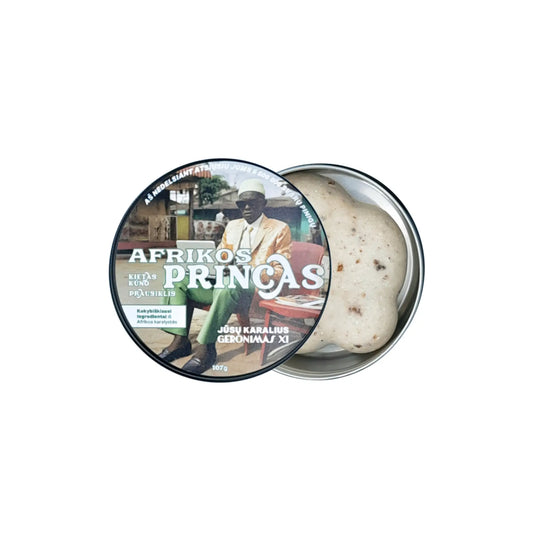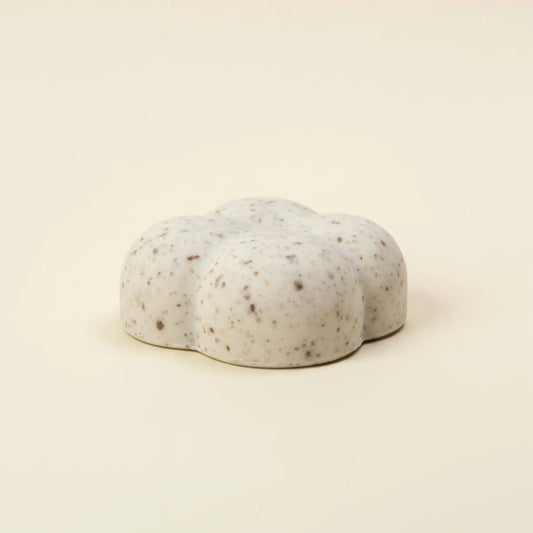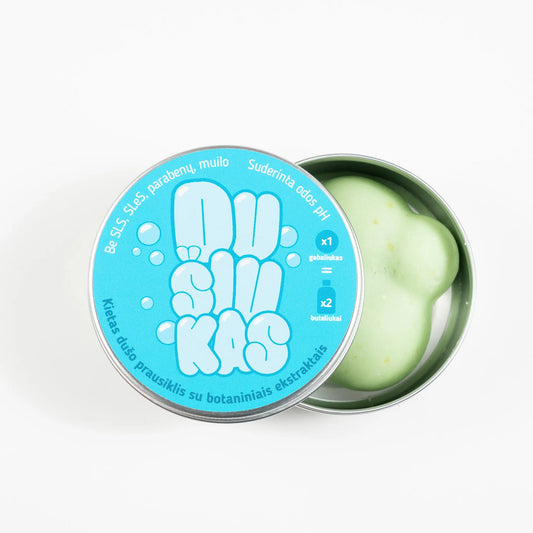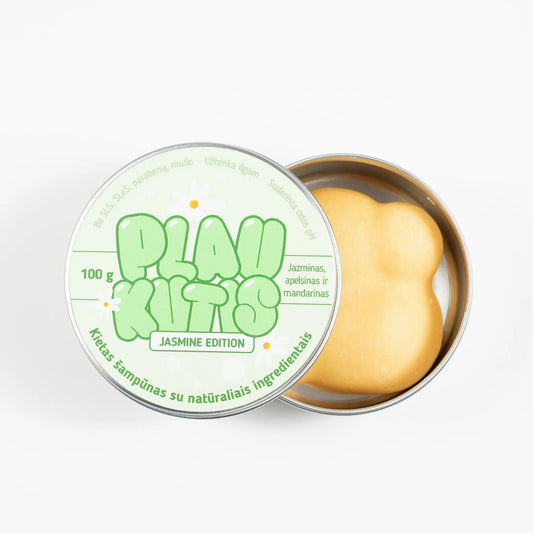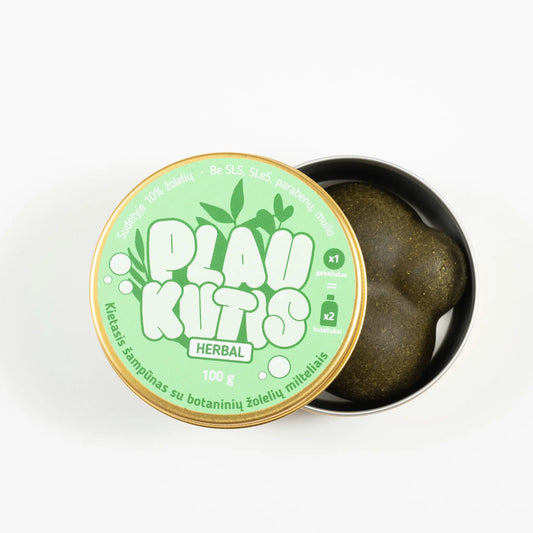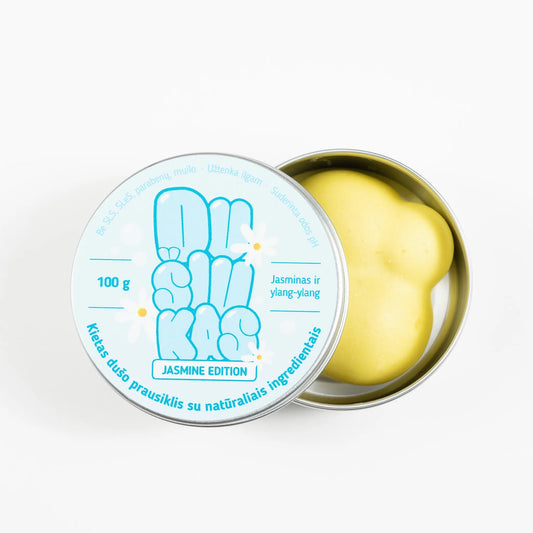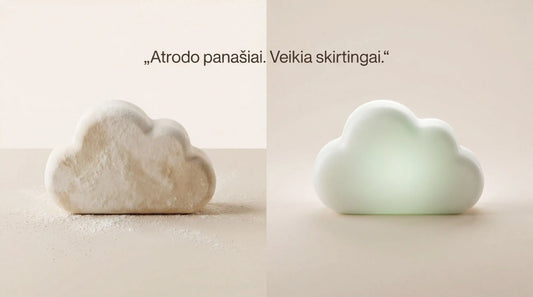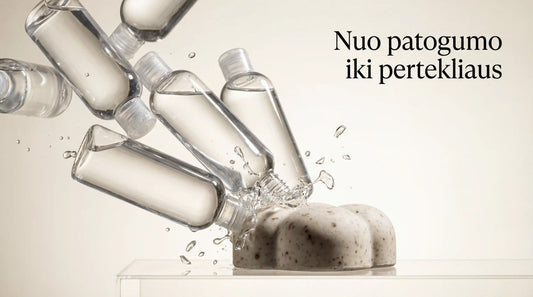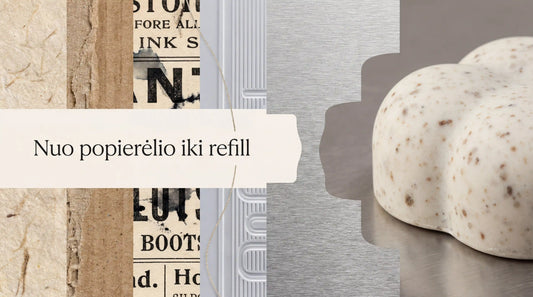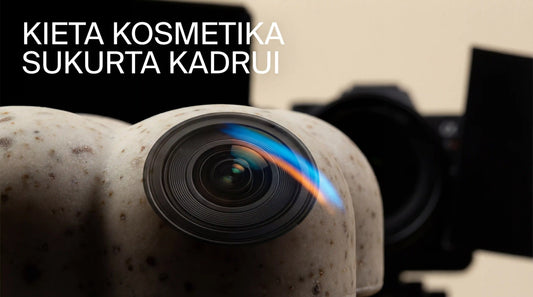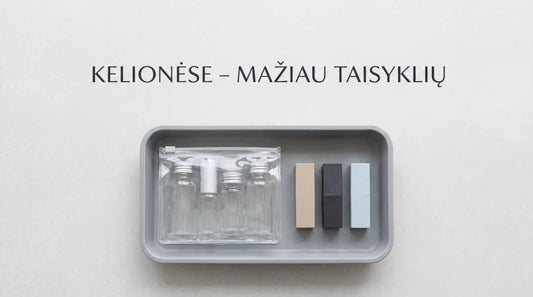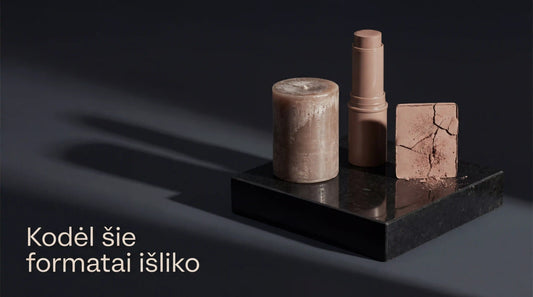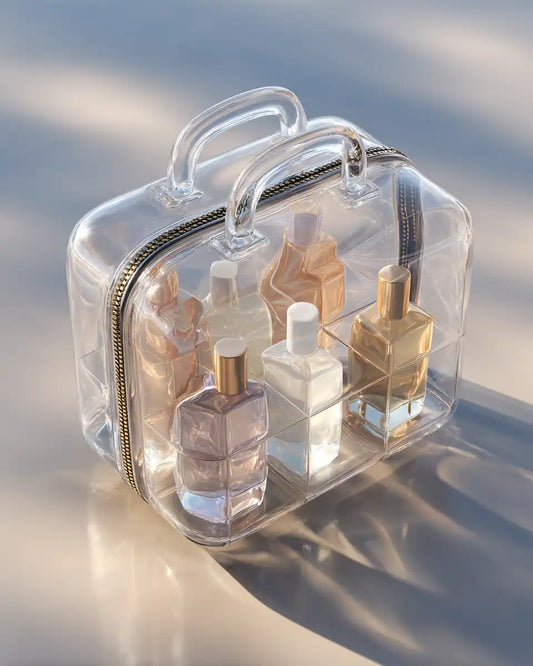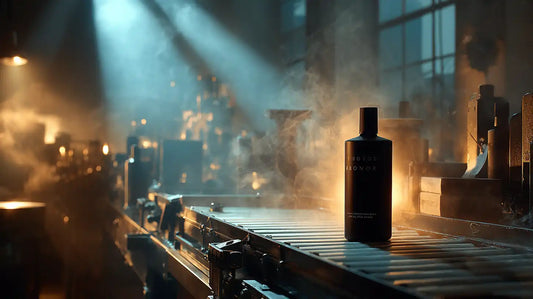Why do some hair products work great for others but not for you? The secret lies in choosing the right shampoo and conditioner for your unique hair type. Every hair type requires different care, and using the wrong product can further damage its condition.
There are many specialized shampoos and conditioners on the market, designed to address specific hair concerns. From dryness to color protection, there is a special formula for every problem. In this article, we will discuss why it is important to choose the right shampoo and conditioner, and how specialized products meet the various needs of hair.
The role of shampoo and conditioner in hair health
Shampoo and conditioner are the foundation of any hair care routine. But they do more than just cleanse and soften your hair. The right products can strengthen your hair, protect it from damage, and even enhance its natural shine.
- Shampoo : Its main function is to cleanse the scalp and hair, removing dirt, oil, and product residue. However, some shampoos contain harsh ingredients like sulfates, which can strip natural oils and cause hair to become dry and brittle. The pH balance of the shampoo is also important. A properly balanced pH (between 4.5 and 5.5) supports a healthy scalp and hair cuticle.
- Conditioner : Conditioner moisturizes, smooths the hair surface, and reduces frizz. It creates a protective layer, locking in moisture and nutrients. Using the right conditioner can leave your hair soft, manageable, and shiny.
Choosing the right shampoo and conditioner isn't just a matter of taste - it's about taking care of your hair to keep it healthy and vibrant.
Types of specialized shampoos and conditioners
Specialized shampoos and conditioners are designed to address specific hair concerns. Here are some of the most commonly used types discussed in more detail:
1. Sulfate-free shampoos and conditioners
- Why Sulfates Can Be Harmful : Sulfates, often found in many shampoos, are cleansing ingredients that create a rich lather. However, they can be too harsh for certain hair types, especially if you have dry, curly, or color-treated hair. Sulfates strip your hair of its natural oils, making it dry and prone to frizz.
- Who should use sulfate-free products : People with sensitive scalps, curly hair, or color-treated hair will benefit the most from sulfate-free shampoos. These products gently cleanse hair without drying it out. They are gentle, making them great for everyday use or for those with fragile hair.
2. Color-protecting shampoos and conditioners
- How they protect colored hair : Coloring your hair can weaken its structure, making it more vulnerable to fading and dryness. Color-protecting shampoos and conditioners are designed to protect the hair cuticle so that the color doesn't wash out too quickly.
- Key Ingredients : Look for products with UV filters, antioxidants, and gentle surfactants. These ingredients help maintain the vibrancy of color-treated hair. Conditioners for color-treated hair often contain nourishing oils and proteins that help maintain hair health and shine.
3. Anti-dandruff shampoos
- Formulas and Ingredients : Dandruff is caused by an overgrowth of yeast on the scalp, causing itching and flaking. Anti-dandruff shampoos often contain active ingredients such as salicylic acid, zinc pyrithione or ketoconazole. These ingredients help address the cause of dandruff by soothing the scalp and reducing flaking.
- How they work : These shampoos regulate sebum production, exfoliate dead skin cells, and fight fungal infections. With regular use, they reduce itching and discomfort, maintaining a healthy scalp.
4. Volumizing shampoos and conditioners
- How they add volume to thin hair : If your hair is thin and lacks volume, volumizing products can help add volume. These shampoos and conditioners are lightweight, so they don't weigh down your hair, but add texture.
- Common Ingredients : Keratin, hydrolyzed wheat protein, and panthenol are often found in volumizing products. They coat hair strands, making them appear fuller without weighing them down.
5. Moisturizing and nourishing products
- The difference between hydration and moisture : Hydration refers to adding water to your hair, while moisture refers to retaining that water. Moisturizing shampoos provide your hair with water-based ingredients, while nourishing conditioners contain oils and butters that lock in moisture.
- Ideal for dry, frizzy or curly hair : Moisturizing products are great for those who struggle with dryness and frizz. They smooth the hair cuticle, reduce breakage and add shine. Common ingredients include aloe vera, glycerin, argan oil and shea butter.
6. Strengthening and Restoring Shampoos
- Benefits for damaged hair : If your hair is damaged from heat styling, chemical treatments, or environmental factors, strengthening shampoos and conditioners can help. They contain proteins like keratin and collagen, which repair the hair strand from within.
- How they work : By replenishing protein lost through damage, these products strengthen hair, reducing breakage and split ends. With regular use, they restore hair's elasticity and resilience.
7. Clarifying shampoos
- When to use : Clarifying shampoos are designed to remove styling products, hard water mineral deposits, and excess oil. They are stronger than regular shampoos, so they should be used once a week or less to avoid overdrying your hair.
- How to use : Apply the cleansing shampoo to damp hair and massage into the scalp. Rinse thoroughly. Follow with a deep conditioner to restore moisture.
Myths and Facts: Debunking Popular Misconceptions
-
Myth: Sulfates are always harmful .
- Fact : Sulfates can be too harsh for certain hair types, especially dry or color-treated hair. However, they are effective in removing oil and dirt for those with extremely oily hair. It's important to choose a formula that meets your hair's needs.
-
Myth: Natural shampoos are suitable for everyone .
- Fact : While natural shampoos contain fewer chemicals, they may not be right for everyone. Some natural ingredients can cause irritation, especially for sensitive scalp types. It's important to read the ingredient list carefully and choose products that meet your hair's needs.
-
Myth: More foam means better cleaning .
- Fact : Foaming doesn't necessarily mean better cleaning. Shampoos that are less foamy, especially those containing natural surfactants, can be just as effective. Sulfate-free shampoos may foam less, but they clean without drying out your hair.
-
Myth: Conditioner for oily hair causes greasiness .
- Fact : Conditioners restore moisture and protect hair. If you use them on the mid-lengths and ends of your hair, they won't make it feel greasy. It's important to use a lightweight formula, especially for fine or oily hair.
-
Myth: You need to wash your hair every day .
- Fact : Washing too often strips the scalp of its natural oils, causing dryness or excess oil. Most hair types do best washing 2-3 times a week. Use dry shampoo in between washes if needed.
Conclusion
Choosing the right shampoo and conditioner is essential to maintaining healthy, beautiful hair. Specialized products address different hair needs, from color protection to moisture restoration. Understanding your hair's unique characteristics will help you choose products that will enhance its natural beauty.
Remember, it's not just about choosing what's popular. The key is to find what works best for your hair and needs. By choosing the right specialized shampoo and conditioner, you can enjoy beautiful hair every day.
What hair care products have you found to be most effective for your hair type? Share your thoughts and tips in the comments!
